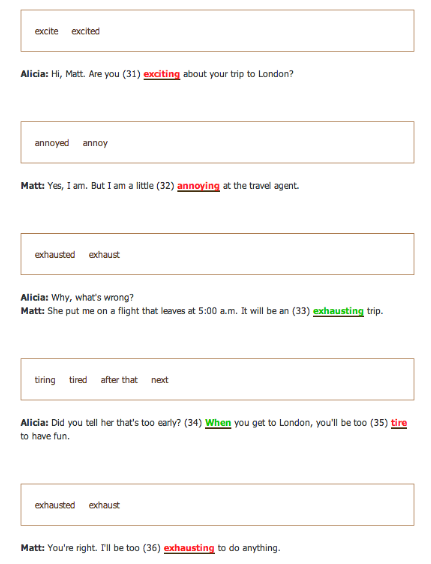Surround Yourself with English
I have been teaching online since 2010 and I have probably said ‘surround yourself with English’ over 1,000 times! I guess it is my catchphrase
You MUST surround yourself with everyday English as much as possible. The first time that you hear or read a word/idiom/phrase that you don’t know, write it down and look it up or better yet, ask someone (sometimes the dictionary can confuse you with idioms or phrasal verbs). When you take the time to do a little research, the word/idiom/phrase is more likely to stick in your mind. Then the next time you come across it, it will become reinforced and more of a part of your active vocabulary. The more you hear or see something the more likely you are to remember it, right? And that, my friends, is why you need to listen and read English whenever you can!
The next step is to be able to actively use the word/idiom/phrase in your daily interactions. This is where difficulties can arise. Anyone can LEARN a word/idiom/phrase by using a book or the internet, but it is much more difficult to get that word/idiom/phrase into your active vocabulary and be able to easily use it yourself. This is where PRACTICE comes in. PRACTICE! PRACTICE! PRACTICE! (another catchphrase of mine). Once you learn the word, you need to use it!
Speaking with a native speaker is an excellent way to practice, but that may not be possible for everyone. I am always posting on facebook, twitter, pinterest and tumblr to help students surround themselves with English as much as possible. I hope that you will take advantage of it and spend a little time everyday to improve your English.
catchphrase (noun) a word or expression that is used repeatedly and conveniently to represent or characterize a person, group, idea, or point of view
come across (phrasal verb) to find or encounter, especially by chance



